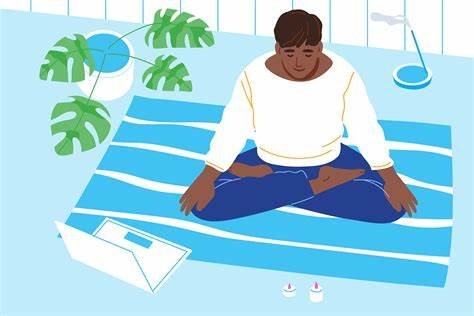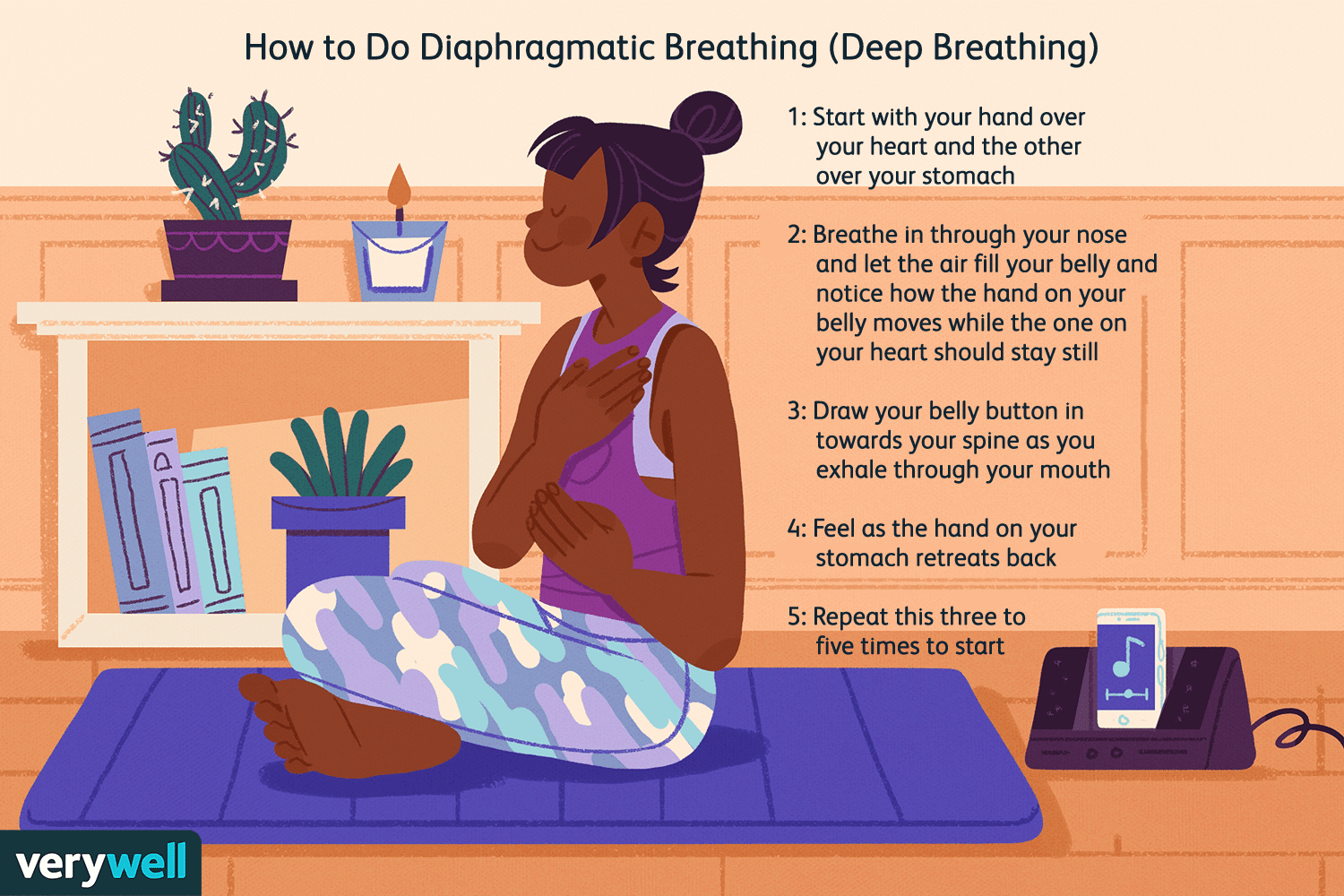In today’s fast-paced world, stress and anxiety have become common issues that many people face daily. While there are numerous ways to manage these feelings, meditation has emerged as one of the most effective techniques for promoting mental well-being. By incorporating meditation into your daily routine, you can reduce stress, control anxiety, and achieve a more peaceful state of mind.
1. Meditation Calms the Mind
One of the main benefits of meditation is its ability to quiet the mind. In stressful situations, your thoughts often race, and it can be hard to focus. Meditation encourages mindfulness, which helps you become aware of your thoughts without becoming overwhelmed by them.
How It Works:
- Focus on the present: Meditation trains your mind to stay in the present moment, rather than worrying about the future or dwelling on the past.
- Control over thoughts: It allows you to observe your thoughts non-judgmentally and let go of the ones that cause stress and anxiety.
2. Reduces Cortisol Levels
Cortisol, often referred to as the “stress hormone,” plays a significant role in how your body responds to stress. While short-term increases in cortisol are normal, chronic stress leads to consistently high levels, which can negatively affect your health.
Meditation’s Effect:
- Studies have shown that regular meditation helps reduce cortisol production.
- Lower cortisol levels lead to reduced feelings of stress, helping you feel calmer and more relaxed over time.
3. Promotes Emotional Health
Meditation has a powerful effect on your emotions and mood. By practicing mindfulness or loving-kindness meditation, you can improve your emotional resilience, making it easier to manage feelings of anxiety.
Benefits for Emotional Health:
- Increases self-awareness: Meditation helps you understand your emotions better, allowing you to respond thoughtfully rather than react impulsively.
- Boosts positive feelings: Practices like loving-kindness meditation promote feelings of compassion and empathy, improving your overall mood and outlook.
4. Enhances Focus and Concentration
Stress and anxiety often make it hard to concentrate. Meditation, particularly focused-attention meditation, trains your brain to improve focus and mental clarity. By practicing this regularly, you’ll find it easier to concentrate on tasks without feeling overwhelmed.
How Improved Focus Helps:
- Reduced distractions lead to more productivity and less frustration.
- Improved concentration can help you stay present in challenging situations, reducing anxiety.
5. Encourages Deep Relaxation
One of the key elements of meditation is learning to relax both mentally and physically. Techniques like deep breathing and body scanning help you release tension and promote relaxation throughout your body.
Physical Relaxation Benefits:
- Lowers heart rate and blood pressure, reducing physical symptoms of stress.
- Releases tension in muscles, which often tighten during periods of stress or anxiety.
6. Increases Resilience to Stress
Regular meditation builds mental resilience, allowing you to handle stressful situations with greater ease. Over time, you’ll develop the ability to remain calm in the face of adversity, reducing the intensity of anxiety.
How It Builds Resilience:
- Meditation helps rewire your brain’s stress response, making it less reactive to external triggers.
- With regular practice, you’ll find yourself handling stress more effectively and maintaining a balanced state of mind.
7. Improves Sleep Quality
Stress and anxiety often lead to sleep problems, including insomnia. Meditation helps calm the mind, making it easier to fall asleep and enjoy restful, uninterrupted sleep. Practices like mindfulness meditation or body scan techniques are particularly effective for improving sleep quality.
Benefits of Better Sleep:
- Reduces irritability and fatigue, which can worsen stress and anxiety.
- Improves overall mood and energy levels, allowing you to tackle daily challenges with greater ease.

8. Develops a Sense of Inner Peace
Meditation teaches you how to cultivate inner peace by detaching from negative emotions and thoughts. Over time, this practice helps you develop a more balanced perspective on life, reducing the impact of stress and anxiety.
How It Promotes Inner Peace:
- By letting go of worries, fears, and negative self-talk, meditation helps you experience a deeper sense of calm.
- The more you practice, the more inner tranquility you’ll feel, even in stressful situations.
Conclusion
Meditation is a powerful tool for managing stress and anxiety. Whether you’re new to meditation or have been practicing for a while, incorporating it into your daily routine can bring long-term benefits for both your mind and body. By reducing cortisol levels, improving emotional health, enhancing focus, and promoting relaxation, meditation helps you maintain a calm and centered mind, even in the face of life’s challenges. Start with just a few minutes a day, and over time, you’ll notice a significant difference in how you handle stress and anxiety.




